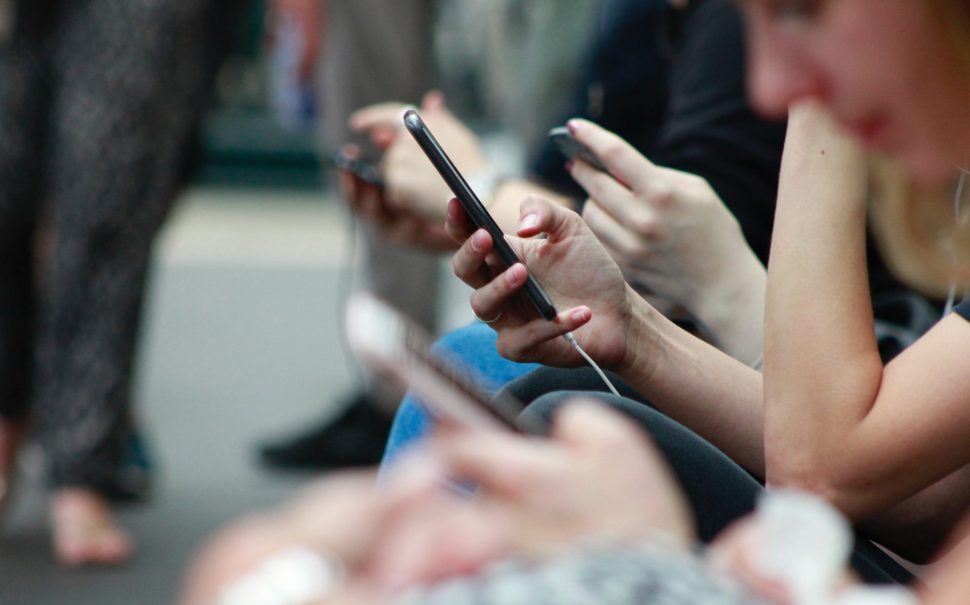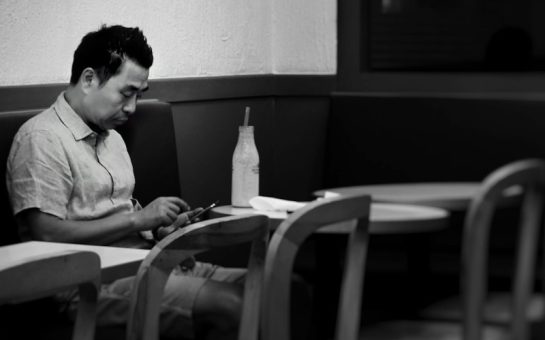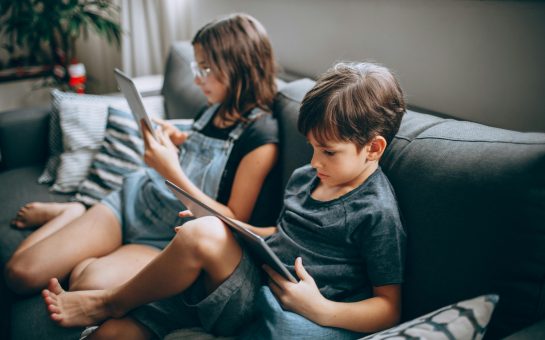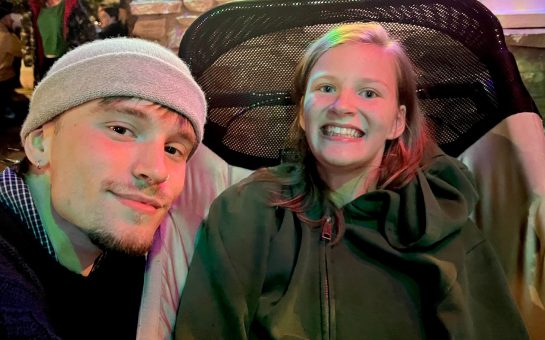Social media has become an unavoidable component of contemporary life.
In a world where some of the most successful entrepreneurs are social media influencers and everything from professional networking to finding the love of your life now has a home in the vast metaverse of social media, having an online persona seems to be becoming more and more integral by the day.
But just how social is social media? Is this modern society that relies so heavily on technology actually losing the ability to have authentic, face-to-face interactions?
Do online ‘connections’ really equate to legitimate relationships?
And is the art of conversation, ultimately, becoming lost in the depths of DMs, X posts and TikTok videos?
How often have you sat outside a friend’s house and text them: “I’m here”, rather than just knocking on the door?
Or maybe you’ve booked a table through the restaurant’s Instagram page, instead of calling up and having a conversation with a real person.
We are all guilty of cutting these corners and using the omnipotent internet to avoid these real life interactions. But how is this shift in behaviour truly impeding our ability to be social?
As of January this year, the UK was home to over 57 million active social media users. This is over 84% of the total population.
These users, on average, spend 1 hour and 56 minutes each day on social platforms and over half are using the sites to keep in touch with friends and family.
This highlights that the social media experience remains social for many users. However, how authentic is this online communication between friends and relatives?
Studies have shown that only 7% of communication relies on the content of the spoken word.
The remaining 93% relies on non-verbal cues such as tone of voice and body language.
Surely this alone highlights that the credibility of interaction online and on social media is capped?
Suddenly, the words ‘I’m fine’ or ‘ok’ when stripped of the conversational, non-verbal subtext can seem cold and blunt.
Only when looking at someone face-to-face can we really understand if they are ‘fine’ and what that word really means on that particular day, under those specific circumstances.
The same could be said for the use of abbreviations or emojis, can these small snippets of information, hurriedly typed into a social media chat really represent our true emotions and opinions?
Despite this, these digital communications were a lifeline for many people during the pandemic who were cut off from their families, communities, and support networks.
These conversations over Whatsapp and Christmas games played over Zoom calls transcended social distancing and isolation and allowed people to interact at a time when face-to-face conversations were all-but impossible.
But now that society has emerged from the other side of these periods of self-isolation and lockdown, has the pandemic permanently altered the way people interact with one another and transformed social media into the default, favoured method of conversation?
Psychology Professor Catriona Morrison says: “The pandemic and just the general growth of social media has fundamentally changed the way that we interact with each other.”
Catriona started researching psychological health and the internet 20 years ago, she added: “When I started, I was much more optimistic about it then.
“I thought the internet generally was a force for good and social media was a force for good.
“All I would say is that my position is shifting, but not in a good direction.
“I think that the tools that we have available for us on social media are changing so rapidly, that what I think about things today as a psychologist is going to be different to where the literature is tomorrow.”
It is indisputable that social media allowed people to stay connected to their loved ones during this period of isolation which saw around a 20% increase in usage worldwide.
However, is this method of communication, which during Covid-19 did truly become the default, a sustainable way of maintaining those relationships around us and preserving our own mental health?
Studies have actually shown that long-term usage can actually increase the feeling of loneliness and emotional isolation, rather than combat it.
Furthermore, there is evidence to suggest that those of us who spend more time on social media tend to have fewer close relationships and lower levels of social support than those who spend more time unplugged from online life.
The truth of it is, communication via social media can never be a natural substitute for real relationships. Online communication and virtual connection shouldn’t substitute genuine, face-to-face interaction.
Social relationships maintained through reality are stronger and provide us with a sense of connection, purpose, support and, ultimately, overall better health that social media relationships simply cannot compete with.
So next time you post a picture on BeReal, or a quippy video on TikTok, or even refer to an online relationship as in the ‘talking’ stage, just ask yourself – are you really talking? Are you being real?
Featured image by Robin Worrall via Unsplash





